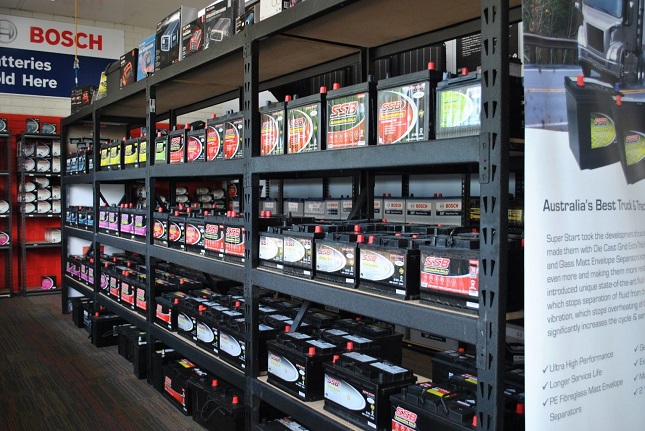The widespread adoption of electric vehicles (EVs) is fundamentally reshaping the automotive industry. At the heart of this revolution lies the remarkable capabilities of rechargeable lithium-ion battery packs.
Advantages of Lithium-Ion Battery Packs in Electric Vehicles
The automotive sector is transitioning towards sustainable solutions to combat environmental challenges and reduce reliance on fossil fuels. Lithium-ion battery packs play a pivotal role in this transition by offering several key advantages:
1. Enhanced Energy Density: Compared to traditional nickel or lead-based chemistries, lithium-ion battery packs boast significantly higher energy density. This means EVs can travel longer distances on a single charge, addressing one of the major concerns for electric vehicle adoption – range anxiety.
2. Reduced Weight and Size: Lithium-ion battery packs are lighter and more compact than their counterparts, contributing to improved vehicle efficiency and handling. This allows manufacturers to optimize the design of electric vehicles for better performance and aerodynamics.
3. Fast Charging Capabilities: One of the critical factors inhibiting the widespread adoption of EVs has been the time required to recharge. However, lithium-ion battery packs can support fast charging technologies, significantly reducing charging times and enhancing the convenience of electric vehicle ownership.
4. Longer Lifespan: Lithium-ion battery packs exhibit a longer lifespan compared to traditional battery chemistries. With proper maintenance and care, these battery packs can withstand hundreds of charge-discharge cycles, offering reliable performance over an extended period.
5. Integration with Renewable Energy Sources: Lithium-ion battery packs not only power electric vehicles but also play a crucial role in integrating renewable energy sources into the transportation ecosystem. By storing excess energy generated from solar panels or wind turbines, these battery packs enable the use of clean energy for vehicle propulsion, further reducing carbon emissions and reliance on non-renewable energy sources. This synergy between renewable energy and electric vehicles represents a significant step towards a sustainable and decentralized energy infrastructure.
6. Improved Performance in Extreme Conditions: Lithium-ion battery packs demonstrate remarkable performance even in extreme weather conditions, offering reliability and efficiency across a wide range of temperatures. With specialized variants capable of operating in both low and high temperature environments, electric vehicles equipped with lithium-ion battery packs can navigate diverse climates with ease. This versatility ensures consistent performance and extends the usability of electric vehicles in regions with varying weather patterns, contributing to their widespread adoption and acceptance worldwide.
Challenges and Innovations
While lithium-ion battery packs have revolutionized the electric vehicle market, there are still challenges that need to be addressed. These include concerns related to cost, safety, and the environmental impact of battery manufacturing and disposal.
To overcome these challenges, researchers and manufacturers are continuously innovating. From advancements in battery chemistry to improvements in manufacturing processes, the goal is to make electric vehicles more affordable, safer, and environmentally friendly.
Takeaways Lithium-ion battery packs are driving the transformation of mobility towards a more sustainable and eco-friendly future. With their superior energy density, compact size, fast charging capabilities, and long lifespan, these battery packs are powering the electric vehicle revolution. As technology continues to evolve and economies of scale drive down costs, electric vehicles equipped with lithium-ion battery packs will become increasingly accessible to consumers worldwide. By embracing these advancements, we can pave the way for a greener and more efficient transportation landscape.




